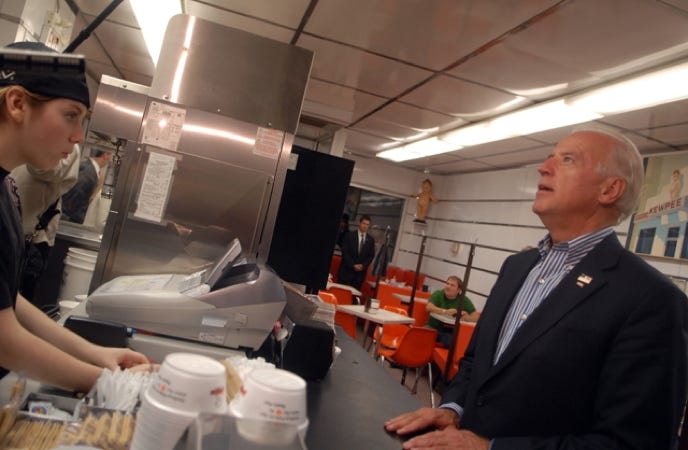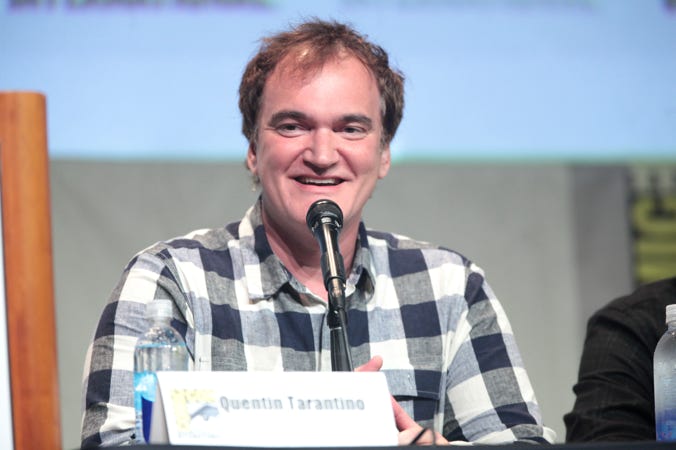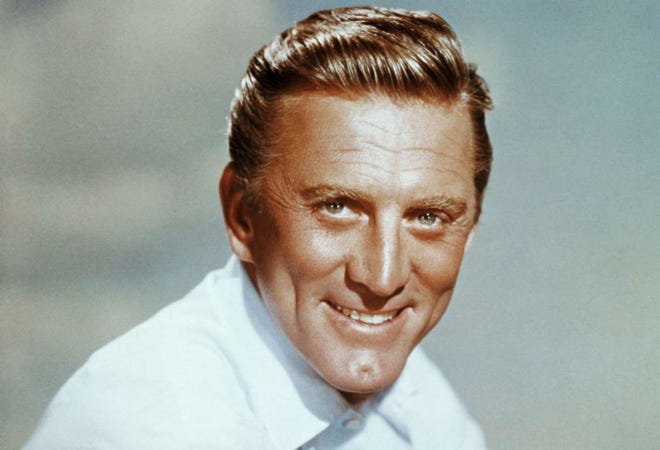03/16/2020
Bernie Sanders continues his campaign for the Democratic presidential nomination, though he now faces an uphill battle against Joe Biden. Sanders recently released a video in which he states that he is “very proud to be Jewish” and that he looks forward to “becoming the first Jewish president in the history of this country.” Nevertheless, he has alienated many Jewish voters because of his criticisms of Israel, as well as his recent refusal to appear at the AIPAC conference, about which he tweeted, “The Israeli people have the right to live in peace and security. So do the Palestinian people. I remain concerned about the platform AIPAC provides for leaders who express bigotry and oppose basic Palestinian rights.” What were the circumstances a number of years ago when Bernie Sanders said the following?–“All in all, it’s not so bad. When it’s good, it’s good. If it doesn’t feel right, just say no. There’s always tomorrow. There’s always tomorrow. It could be worse. Now, let’s just thank God you have your arms, you have your legs, let’s eat.”
Bernie Sanders by Gage Skidmore is licensed under CC BY-SA 2.0
A. He said these words as he welcomed guests to the luncheon following his son Levi’s bar mitzvah in 1982.
B. He uttered these words at Brooklyn College in 1949, when he played the butcher Lazar Wolf in a production of Fiddler on the Roof. In the scene where Lazar Wolf summons Tevye to ask for Tzeitel’s hand in marriage, the characters start by making small talk, and Tevye asks Lazar how his butcher shop is doing. At one performance, Sanders forgot his lines, so he ad-libbed the above words.
C. He offered these remarks when he played the part of Rabbi Manny Shevitz in the 1999 movie My X-Girlfriend’s Wedding Reception, as he addressed the guests at the reception.
D. He said these words on the Senate floor during a 2013 debate on the legalization of marijuana.
E. When Sanders was 12 years old, his Hebrew school teacher caught him talking during class. He brought Sanders up to the front of the class and said, “Alright, Mr. Sanders. Instead of just telling your friend what this week’s parsha is about, why don’t you tell the entire class.”
✡ ✡ ✡ ✡ ✡ ✡ ✡ ✡ ✡





